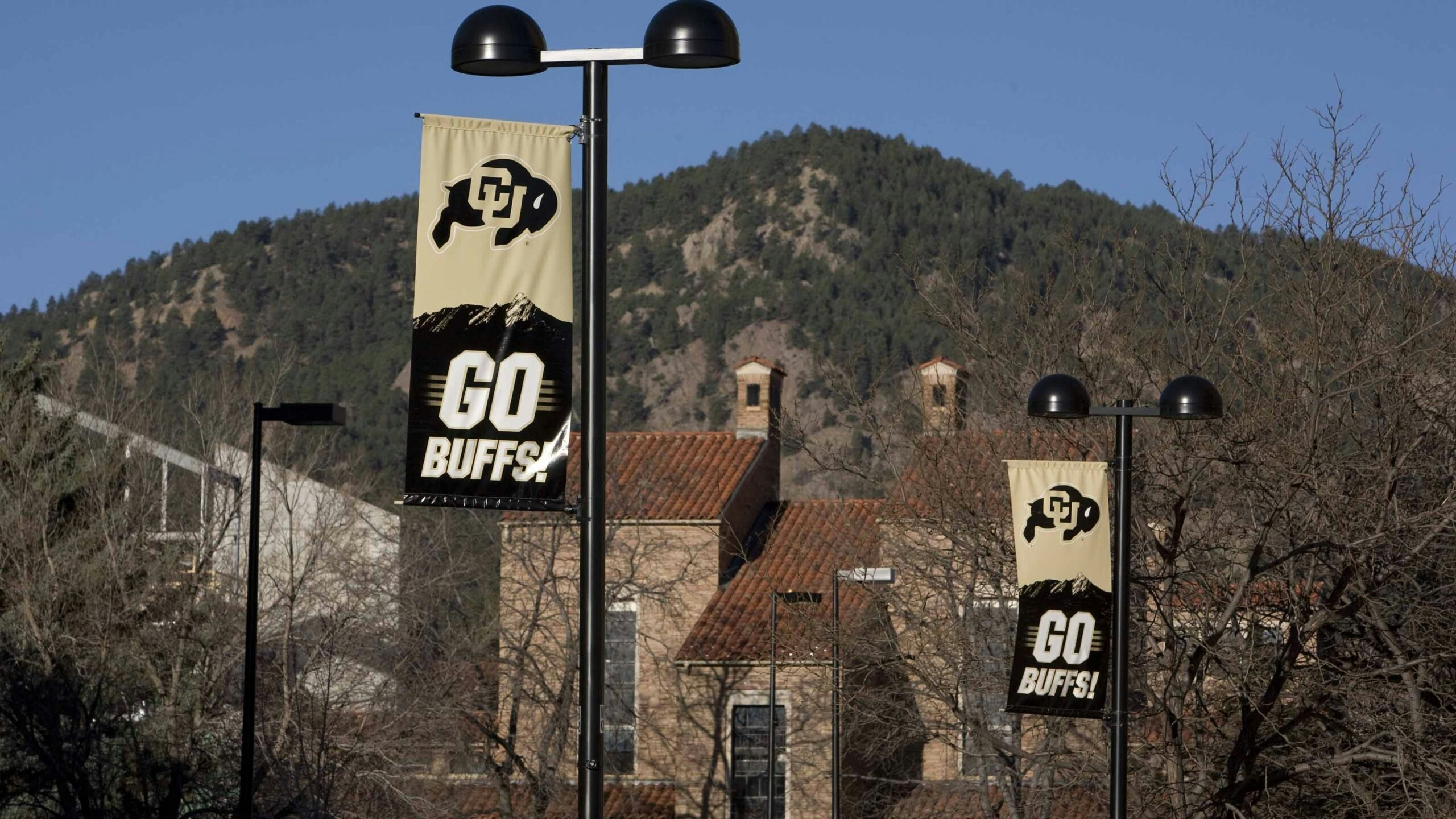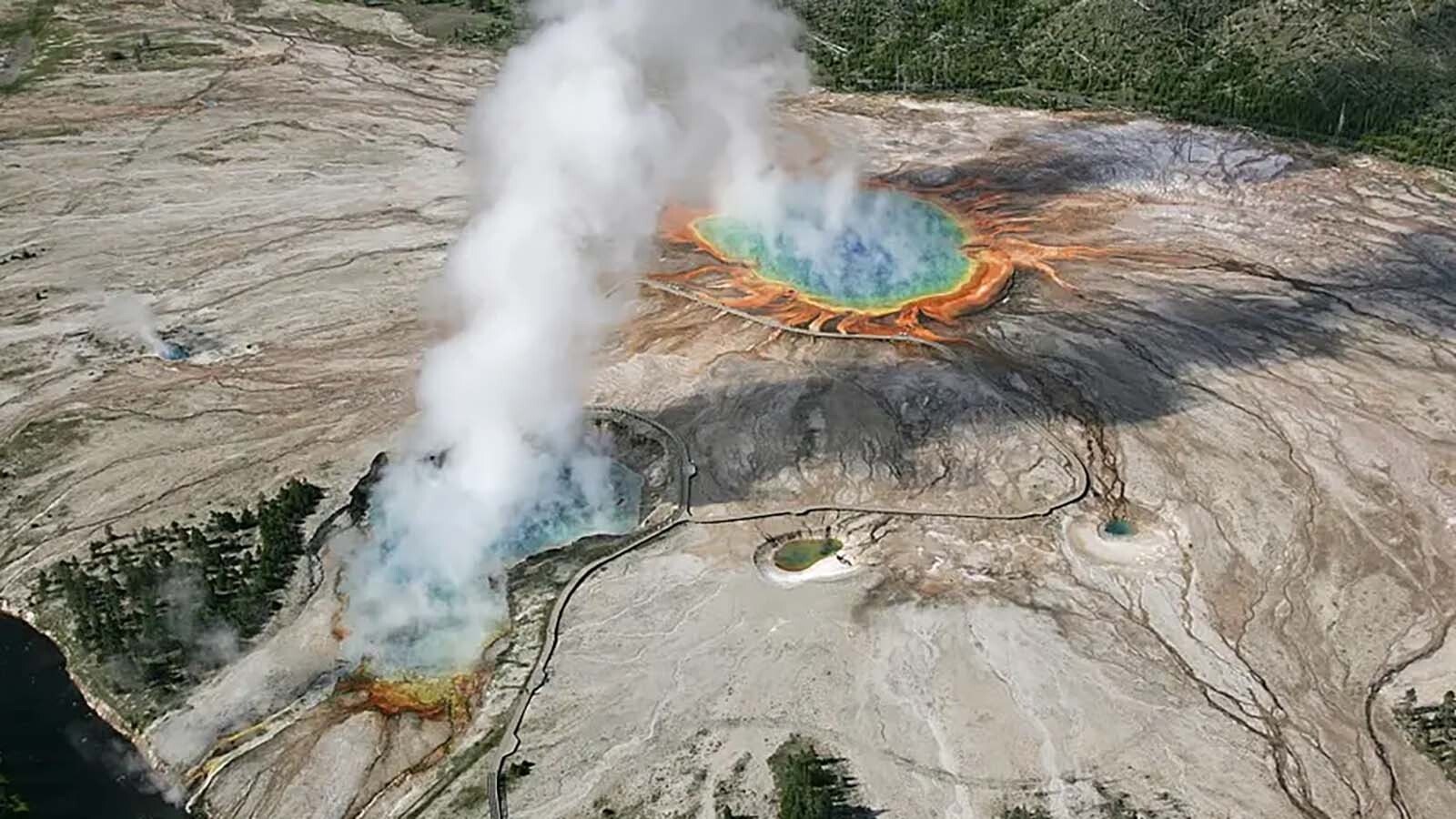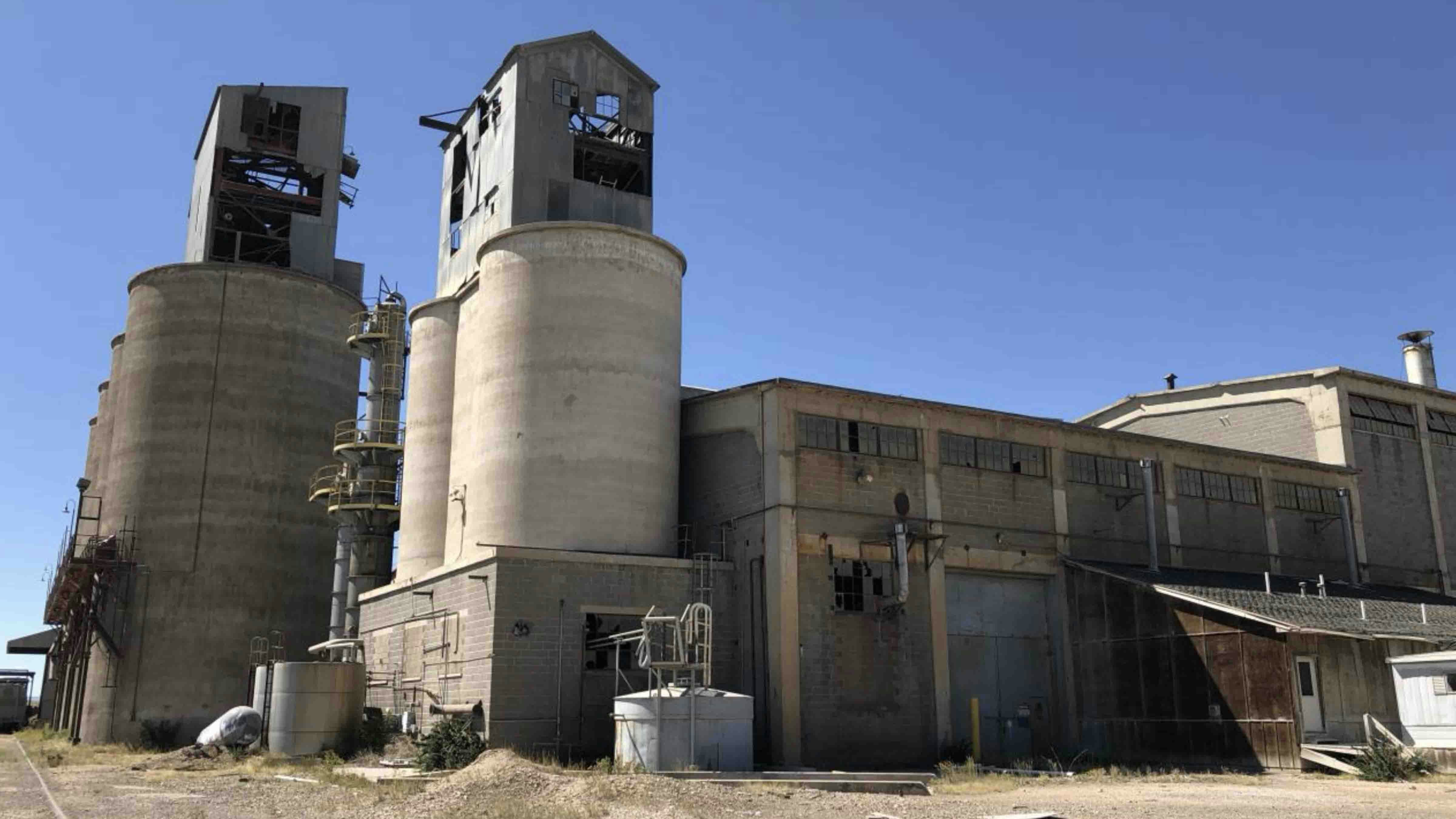A Colorado lawsuit seeking climate reparations for alleged climate damage by Exxon Mobil Corp. and Suncor Energy is awaiting a decision on if the U.S. Supreme Court will decide whether the case will be heard in state or federal court.
The city of Boulder, Boulder County and San Miguel County filed the lawsuit in 2018, which alleges that the oil companies are responsible for forest fires and drought.
For those impacts caused by the use of their products, the plaintiffs want the companies to share in the responsibility for mitigating those harms, which they claim are caused by climate change.
The plaintiffs have wanted to keep the case in state court, while the companies have been maneuvering to get it moved to a federal venue.
This week, the U.S. Office of the Solicitor General recommended, following an invitation from the high court to file a brief in the matter, that the Supreme Court reject the companies’ petition and keep the case in Colorado state court.




Many Cases
Among the harms that the plaintiffs in the Colorado case claim the oil companies are at least partially responsible for is forest fires and drought, which they say are harming the state’s skiing and agricultural industries.
“The devastating impacts of the climate crisis are not a distant possibility; we are already experiencing them in the communities we call home,” says Boulder County Commissioner Ashley Stolzmann in a statement.
Stolzmann went on to cite the 2021 Marshall Fire as an example of the harms oil companies are causing. That fire killed two people and burned more than 1,100 homes in eastern Boulder County communities.
These are not the first lawsuits targeting oil companies for causing climate change.
Our Children’s Trust seeks out children whose parents agree to let them participate in lawsuits against states for not doing enough to stop oil companies from causing what they claim is a “climate crisis.”
The organization has taken legal action in just about every state, including Wyoming, and a lawsuit against the state of Montana will be heard in June before the 1st Judicial District Court of Lewis and Clark County.
None of the organization’s legal actions have been successful. One 2015 case filed in U.S. District Court of Oregon was dismissed in January 2020, when the 9th Circuit panel decided the plaintiffs lacked standing to sue for an injunction.
Proving Causal Relationship
Karen Budd-Falen, a public lands legal expert who served in both Reagan and Trump administrations, told Cowboy State Daily she isn’t familiar with the Colorado lawuit and couldn’t comment specifically on it.
But speaking generally about those types of cases, Budd-Falen said the plaintiffs will always run up against the problem of proving a causal connection between what the oil companies are doing and the damages they are seeking compensation for.
“You have got to show that person A or entity A caused damage to entity B or person B,” Budd-Falen said from her law office in Cheyenne.
As much as extreme weather events are often reported to be caused exclusively by climate change, the science on climate change is much more nuanced and uncertain.
The International Panel on Climate Change, a United Nations consortium of the world’s leading climate scientists, for example, has never concluded with a high degree of confidence, in all its assessment reports over the years, that there’s any observable increase in floods, droughts, or hurricanes, or that any of those events can be tied to carbon dioxide emissions.
“I just don’t think the courts are ever going to get involved in that, because they’re not experts. These guys aren’t scientists,” Budd-Falen said.
Natural Variability
Among the challenges is also demonstrating that natural variability in the weather isn’t causing the droughts cited in the 2018 lawsuit as harms the oil companies are responsible for.
This year, the entire western United States is being inundated with record precipitation, and parts of Colorado are hitting record snowpack levels.
Wyoming meteorologist Don Day said over decades, this variability is all very normal.
“There is high variability, season to season with snowpack in the central Rockies, and the data backs that up. What is a real problem in climate analysis, as well as climate modeling, is the ability of the models to be able to filter out what’s called inter-annual variability,” Day explained.
That means, Colorado will naturally see, from decade to decade, periods of high snowpack and periods of low snowpack.
Day said to take a period of a few years and draw conclusions about climate isn’t sound analysis. Most likely what’s influencing these fluctuations in winter and spring precipitation, which is what’s critical to building snowpack, Day said, is the El Nino and La Nina phases.
These phases are recurring cool and warm oscillations across the tropical Pacific, which influence climate patterns in places like Colorado.
Day said there’s a tendency to assume that bad weather must be caused by emissions.
“It’s gotten past the logical reasoning or critical level of thinking needed to sort through the mechanisms of climate and the variations that we have decade to decade and year to year,” Day said.
Fossil Fuel Customers
In a statement on the solicitor general’s recommendation, the City of Boulder Mayor Aaron Brockett appears to suggest that oil companies are solely responsible.
“The Boulder community is already feeling the effects of the climate crisis. Fires, floods, and extreme weather not only pose threats to our community, but they are also very costly to taxpayers. The companies responsible for these costs must pay,” Brokett said.
While the suits allege harm to skiing and agriculture industries from oil companies, the plaintiffs don’t explain in their complaint how these industries would function without fossil fuels.
Skis are made from petroleum-based composite materials, as is virtually all ski apparel.
This fact was highlighted in 2021 when The North Face, a company that sells winter apparel, refused to make jackets for a Texas oil and gas company. In response, Denver-based Liberty Oilfield Services launched a campaign, including billboards thanking the company for being such great customers of the fossil fuel industry, to point out the company’s apparel is made from oil and gas. Liberty called The North Face’s actions hypocritical.
Likewise farm machinery runs on diesel, and modern fertilizers are derived from natural gas.





